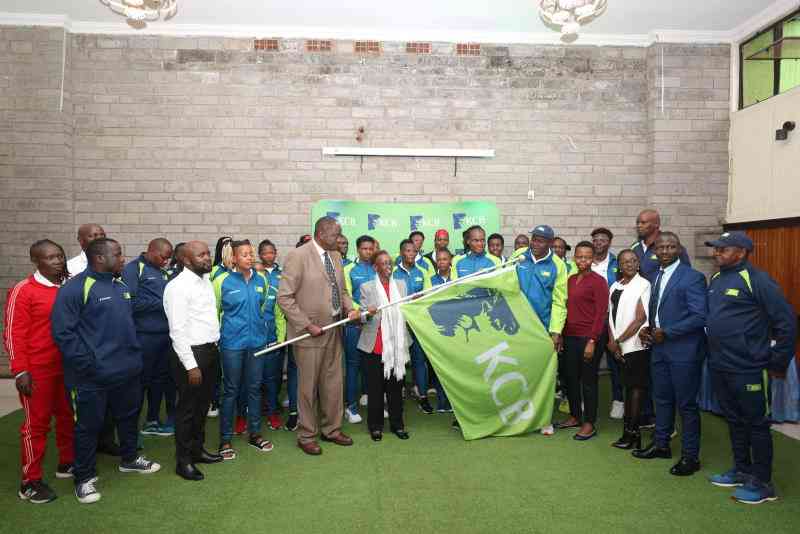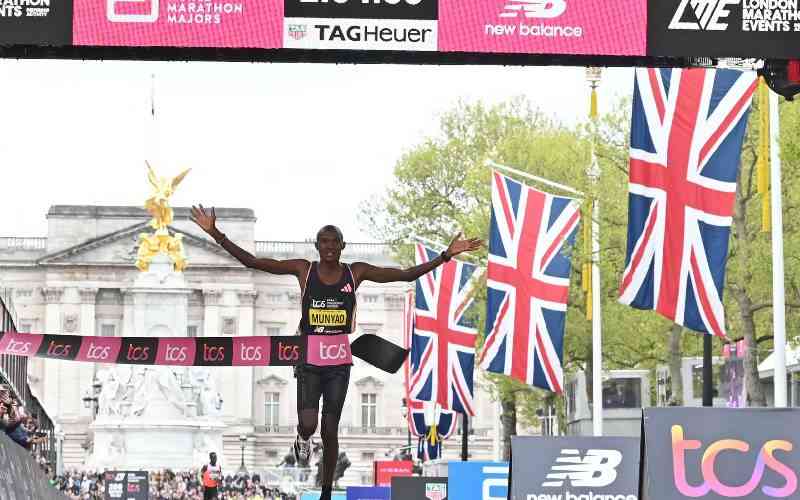On 18th May every year Somaliland celebrates its national day despite lacking international recognition. This marks the day that the people of Somaliland decided to withdraw from their union with Somalia and reclaimed their independence, 30 years ago.
Somaliland, officially known as the Republic of Somaliland, is located at the strategic Horn of Africa and is bordered by the Gulf of Aden to the north; Somalia to the east; the Federal Republic of Ethiopia to the south and the west; and the Republic of Djibouti to the north-west. It has one of the most clearly demarcated borders defined by treaties signed between Anglo-French (1888), Anglo-Italian (1894), & Anglo-Ethiopian (1897).
This former British protectorate was the thirteenth nation to receive independence in Africa by a Royal proclamation of Queen Elizabeth II on June 26, 1960.
Shortly after becoming independent, Somaliland voluntarily united with their next-door neighbour, Somalia, to establish the Somali Republic with a view to encompassing other Somali territories in the Horn of Africa to create the Greater Somali Republic.
The concept of the Greater Somali Republic was to unite all Somali-inhabited regions in the Horn, incorporating not only Somaliland, Somalia, and Djibouti, but also the North Eastern Province of Kenya and the Somali state of Ethiopia.
That dream failed when Djibouti became independent in 1977 and decided not to join the Somali Republic comprising Somaliland and Somalia who were having difficulties in getting along at that time as a result of atrocities against the people of Somaliland in which a quarter million of them died and their cities were levelled to the ground by the Somali Forces.
As a result, a group of students, business people, former civil servants, and former politicians founded the Somali National Movement (SNM) which then turned to be an armed front that won a liberation war that took 10 years and claimed the lives of a quarter of a million of the Somaliland people.
On May 18, 1991, the people of the Republic of Somaliland decided to withdraw from the union and reclaim their independence and rebuild their own country through a homegrown peace building process and a hybrid state formation system.
This became the beginning of a significant success story in Africa and the building block of a nation considered to be among the strongest democracies in the continent.
The new journey began with a series of reconciliation and peace building conferences. The harmony and tranquility that Somaliland has been enjoying for the last 30 years is home-grown and completely free from external influence and intervention.
It was a traditional and indigenous conflict resolution method, which also lead to the implementation of the disarmament, demobilisation, and reintegration processes. Therefore, the country remained peaceful for 30 years and was free from acts of terrorism, piracy, and any other form of social and political instability.
The country enjoys symbolic trappings of statehood: it has a national flag, a currency, a national anthem, organised and powerful army with a mandate to defend the independence and territorial integrity of Somaliland, a passport that’s accepted by several countries including the UK, Ethiopia, Djibouti, Kenya, UAE, etc. and distinct borders which are based on the colonial lines as per the Cairo Declaration on African borders in 1964.
Over the years, Somaliland, without any international support, has conducted a series of democratic, free and fair elections where five different presidents have held office. Although an opposition leader has in the past defeated the incumbent president, the transition of power was completely peaceful.
Somaliland is also an example of freedom of press and expression. According to the last report of Freedom House, a US-funded organization based in the US, Somaliland is the freest country in the Horn of Africa.
This year, the people of Somaliland are celebrating their 30th anniversary while also preparing for joint parliamentary and local council elections scheduled on May 31 to once again prove that their country is a beacon of democracy and freedom in the continent.
In these elections, nearly 1000 candidates are running for parliament and city councillors seeking support from more than a million voters whose iris and biometrics were registered for voting eligibility.
- Ismail Shirwac is a diplomat at Somaliland foreign affairs and the head of cooperation and development partnerships at the Somaliland diplomatic mission in Kenya
 The Standard Group Plc is a multi-media organization with investments in media
platforms spanning newspaper print operations, television, radio broadcasting,
digital and online services. The Standard Group is recognized as a leading
multi-media house in Kenya with a key influence in matters of national and
international interest.
The Standard Group Plc is a multi-media organization with investments in media
platforms spanning newspaper print operations, television, radio broadcasting,
digital and online services. The Standard Group is recognized as a leading
multi-media house in Kenya with a key influence in matters of national and
international interest.
 The Standard Group Plc is a multi-media organization with investments in media
platforms spanning newspaper print operations, television, radio broadcasting,
digital and online services. The Standard Group is recognized as a leading
multi-media house in Kenya with a key influence in matters of national and
international interest.
The Standard Group Plc is a multi-media organization with investments in media
platforms spanning newspaper print operations, television, radio broadcasting,
digital and online services. The Standard Group is recognized as a leading
multi-media house in Kenya with a key influence in matters of national and
international interest.






